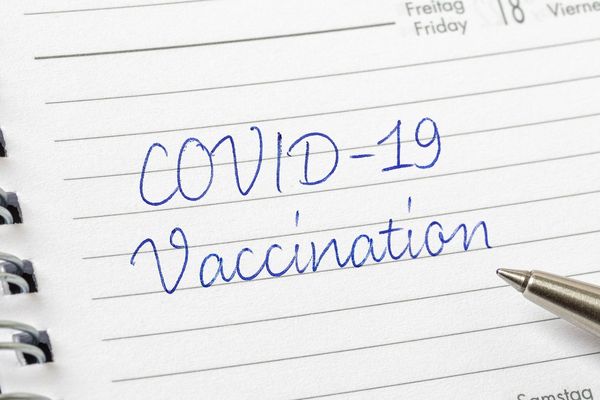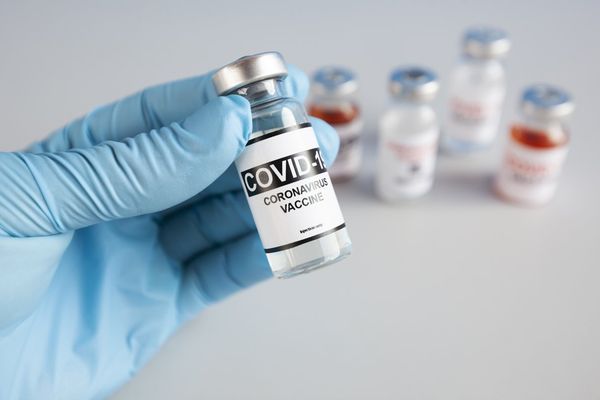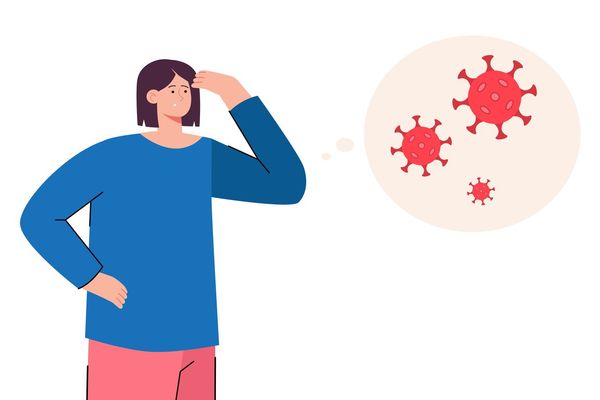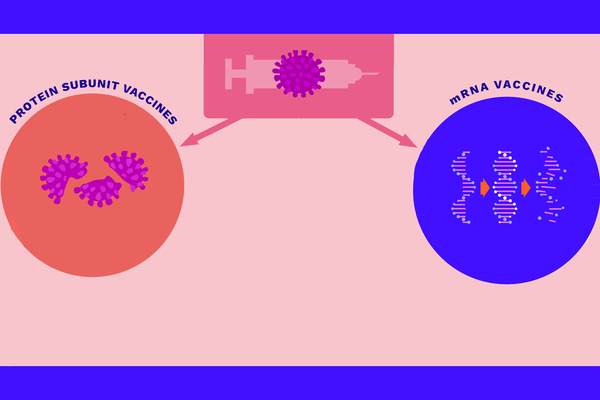Oral antiviral medications are helping to turn the tide of the Covid-19 pandemic, lowering the risk of serious illness, hospitalization and death from the virus.
When taken within five days after symptoms start, these prescription pills can prevent the virus from multiplying, lessen the amount of virus in your body and help your immune system fend off sickness.
HealthyWomen spoke with Christina Nguyen MPAP, PA-C, a physician assistant and clinician manager with Carbon Health in Los Angeles, about when, where and how to access these lifesaving medications.
HealthyWomen: What are the oral antiviral treatments for Covid-19?
Christina Nguyen: There are two oral antiviral medications now authorized for emergency use by the Food and Drug Administration (FDA): Paxlovid and Lagevrio. Both are readily available with a prescription. Paxlovid is the first-line recommendation for patients who test positive for Covid and meet the guidelines.
HealthyWomen: What are the guidelines for who can use these antivirals?
Christina Nguyen: Currently, these medicines can be used within five days of symptoms starting and with a positive Covid test. Because there are risks and benefits with all medicines, there are other qualifications as well.
Right now, the Centers for Disease Control and Prevention (CDC) is recommending oral antivirals for people who might be more likely to develop severe Covid. These include people who are over age 50 (recently lowered from age 65), people who aren’t up to date on Covid vaccines/boosters and people with certain health conditions that may raise their risk of serious illness.
The list of health conditions that qualify a person for antiviral Covid treatment is very long. It includes obesity (BMI over 30), a sedentary lifestyle, depression, anxiety, substance use disorder, cancer, heart disease, diabetes and immune system disorders. It’s a very comprehensive list.
Since the majority of the population could fit under one of these qualifications, it’s often a matter of going over risks versus benefits with a healthcare provider (HCP) to help you decide whether you should take an antiviral for Covid.
HealthyWomen: So people who are unvaccinated, as well as those who aren’t up to date on Covid vaccine doses/boosters, can get oral antivirals?
Christina Nguyen: Yes.
HealthyWomen: Are there risks linked to these medications? Is there anyone who shouldn’t take them?
Christina Nguyen: Only people over 18 can use Legavrio. Paxlovid cannot be used by kids under the age of 12 or those who weigh less than 88 pounds. Paxlovid is also not recommended for people who have severe kidney or liver problems.
There are a lot of drug-drug interactions with Paxlovid, meaning people who are taking certain medications need to avoid it. For example, if a person is taking a blood thinner that they can’t safely stop taking, then that person isn’t a good candidate for Paxlovid because a dangerous drug interaction could occur.
In terms of family planning, Paxlovid can make hormonal contraception less effective, so people should use a backup method to prevent pregnancy. And Lagevrio isn’t recommended for use during pregnancy because it may harm the fetus.
Another risk with any drug is anaphylaxis, which is a severe allergic reaction to an ingredient in the medication.
As far as side effects, both medications can cause an upset stomach, and some people say Paxlovid leaves a metallic or bitter taste in the mouth.
The HCP who prescribes your oral antiviral medication can go over the complete list of risks and side effects with you and answer any questions.
HealthyWomen: Can you talk a little bit about rebound infection?
Christina Nguyen: With rebound Covid, symptoms clear up but then mysteriously return because the level of virus in the body goes back up. It can happen to anyone, but appears to be more common in people who take Paxlovid.
What patients notice is that they take Paxlovid and their symptoms go away completely. They then test negative. But within a few days, they start getting symptoms again.
One theory is that the medication isn’t always able to capture all of the virus, and once the medication is gone from the body, the remaining virus reactivates.
HealthyWomen: Where can people get these oral antivirals? Can pharmacists prescribe them?
Christina Nguyen: If you test positive for Covid or notice symptoms and have an HCP, you can check with them about prescribing an oral antiviral medication.
Your local public health department is another great resource, whether you have an HCP or not. For example, the Los Angeles Department of Public Health is offering oral antiviral medications at no cost, and they have options on their website for free telehealth appointments so you don’t have to visit a clinic to get a prescription.
You can also search for a Test to Treat site near you. Test to Treat is a program that allows people to be tested for Covid and get an oral antiviral all in one location.
Just last month, the FDA authorized pharmacists to prescribe Paxlovid to people who have tested positive for Covid within five days (with certain limitations). The pharmacist will just need access to the patient’s health information to make sure they’re a good candidate for the medication.
HealthyWomen: You mentioned that these medications are free from your public health department. Are they free everywhere?
Christina Nguyen: All public health departments should have these medications available at no cost. If you visit your HCP or some test-to-treat sites (such as an urgent care), you may need to pay for the visit but not the medication.
HealthyWomen: How accessible are these medications?
Christina Nguyen: They’re generally widely available at this point, although they may be harder to get for people in rural areas. To address this issue, the Health Resources and Services Administration (HRSA) did push a program called the Rural Health Clinic COVID-19 Therapeutics Program to address and ensure access and allocation of supplies to rural clinics.
Unfortunately, the same disparities and inequalities that exist in healthcare at large also affect access to Covid treatments, especially for people of color. I and other providers are working very hard to bridge these gaps.
HealthyWomen: Anything else you want people to know about oral antiviral Covid medications?
Christina Nguyen: If you start to feel sick, reach out to an HCP — your primary care provider, a public health department or test-to-treat site — right away. You only have a five-day window, and you don’t want it to close before you can get these helpful medications.
Resources
This resource was created with support from Pfizer.
- Success of Covid Antiviral Pills Hinges on Access to Speedy and Accurate Tests ›
- Long Covid Changed Her Life Forever ›
- The Long-lasting Impacts of Covid-19 ›
- Long Covid Changed Her Life Forever - HealthyWomen ›







